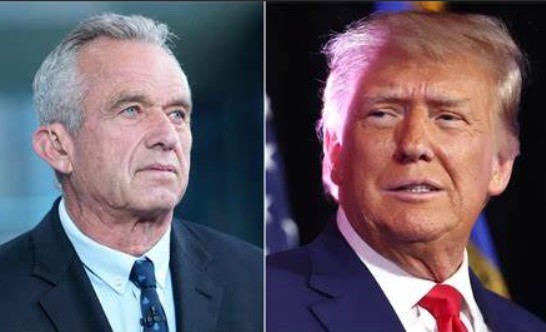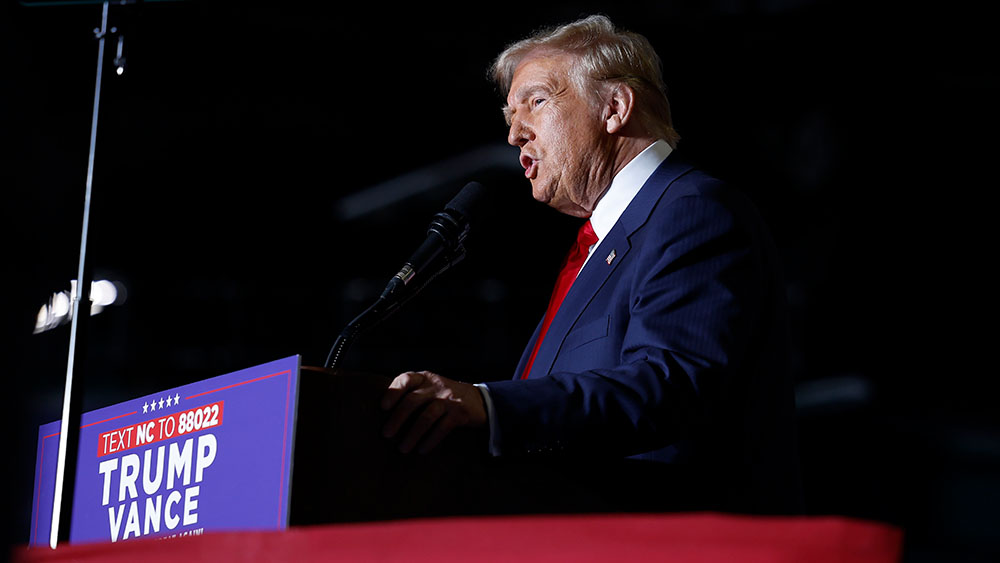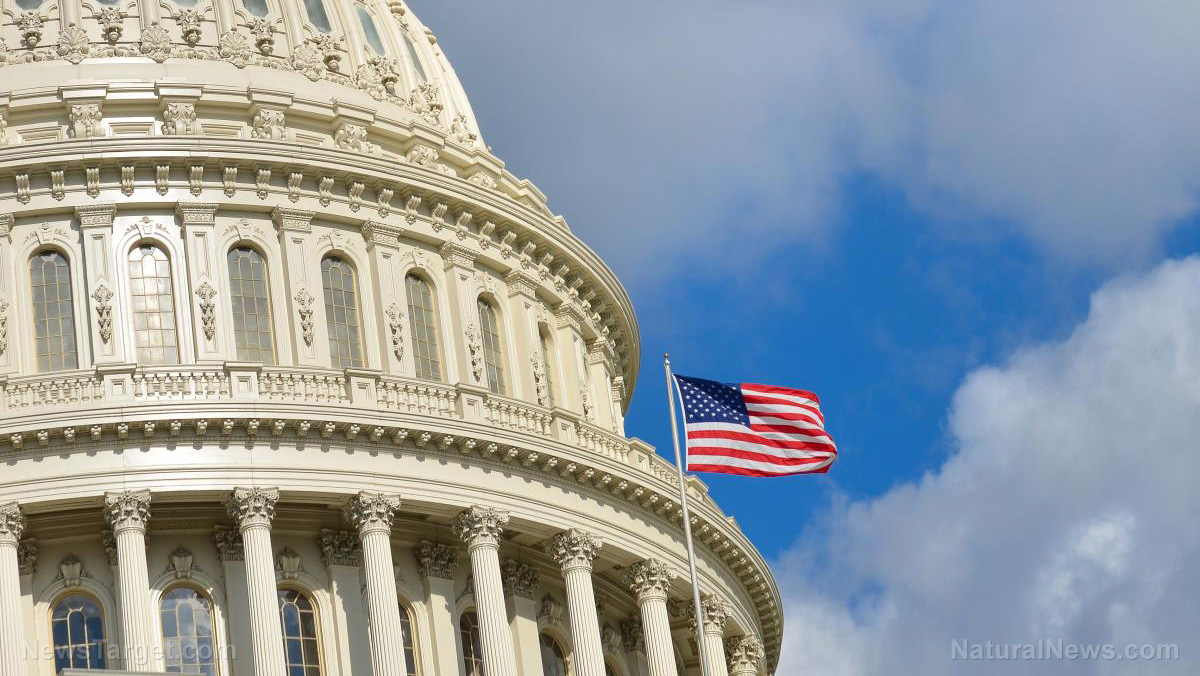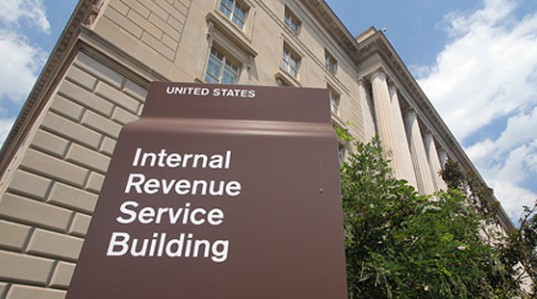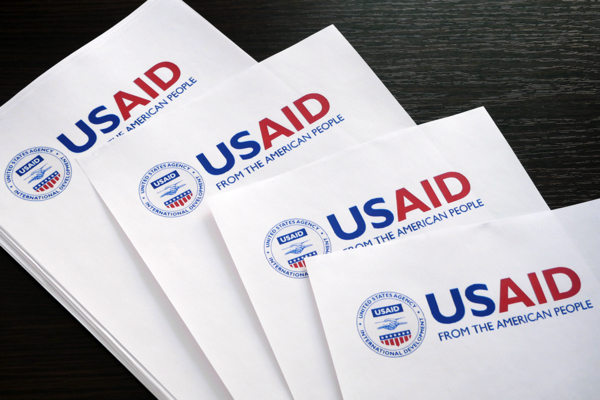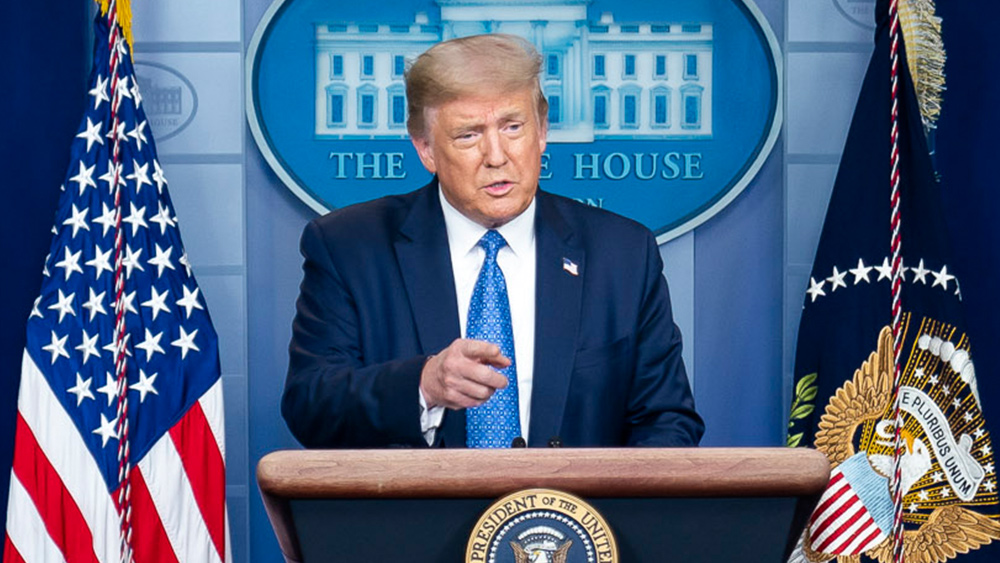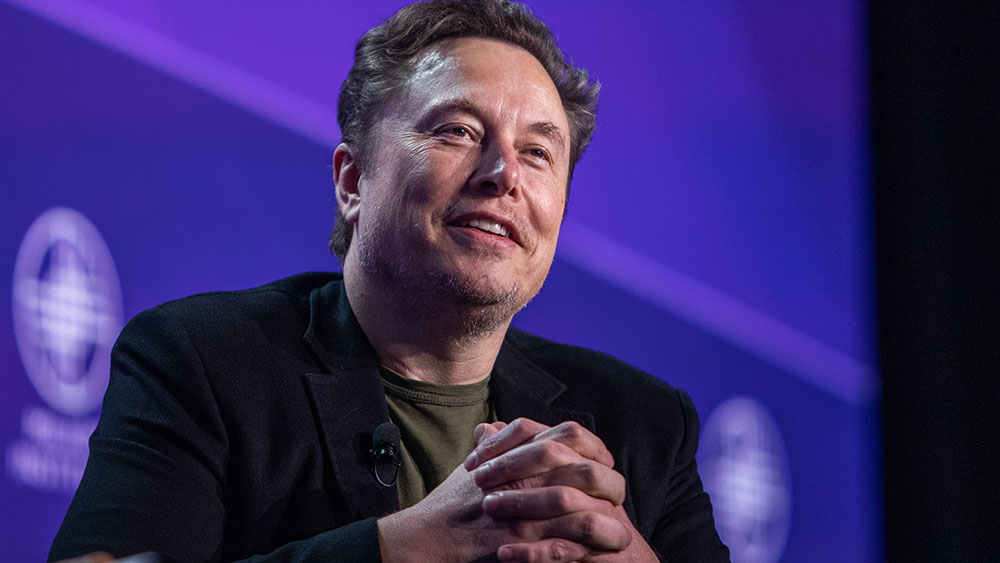TikTok set to be banned on Jan. 19 unless it is sold or the Supreme Court intervenes
01/19/2025 / By Ava Grace
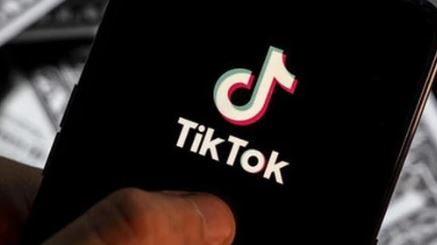
- TikTok is set to be banned on Jan. 19, unless the Supreme Court intervenes or the Chinese-owned app is sold to a company based in the United States.
- The ban, signed into law by President Joe Biden in April 2024, could negatively affect TikTok’s 170 million U.S. users under claims of national security concerns over potential Chinese government access to user data.
- The ban prohibits app stores operating in the U.S. from distributing TikTok to U.S. users, prevents new downloads, updates and bug fixes.
- The ban also requires U.S. service providers to cease operations with TikTok, crippling the app’s functionality after Jan. 19.
- The ban could be devastating to tens of millions of Americans who use TikTok daily for entertainment, education and even as a source of income.
TikTok will face a nationwide ban starting Jan. 19 unless its Chinese parent company ByteDance agrees to sell the app to an investor based in the United States or the Supreme Court intervenes.
This unprecedented move, signed into law by President Joe Biden in April 2024, marks the first time the U.S. government has attempted to shut down an app with a massive user base: roughly 170 million Americans.
The ban is rooted in national security concerns. Lawmakers fear that ByteDance, under Chinese law, could be compelled to hand over sensitive user data to the Chinese government. This data could be used for surveillance, misinformation campaigns or even to influence public opinion. While TikTok has repeatedly denied these allegations, the bipartisan support for the ban underscores the seriousness of the issue.
The law doesn’t directly force users to delete TikTok from their phones. Instead, it targets the companies that enable the app to function. App stores like Apple’s App Store and Google’s Play store will be barred from distributing TikTok to U.S. users.
This means that not only will Americans no longer be able to update TikTok, the app will also no longer receive new updates or bug fixes. Over time, the app will degrade, becoming slower, buggier and eventually become incompatible with newer phone operating systems. (Related: TikTok ban bill could lead to broader surveillance and censorship by the U.S. government.)
TikTok’s U.S. operations rely heavily on American companies like Oracle, which hosts and processes user data. Under the ban, Oracle and other service providers would be required to cease their operations with TikTok, effectively crippling the app’s ability to deliver content. Without a constant flow of new videos and updates, TikTok would become a shell of its former self.
Millions of Americans who use TikTok everyday for entertainment or their incomes will be negatively affected
The over 100 million Americans who turn to TikTok everyday for their entertainment, education or income are expected to be devastated by the ban.
Creators who have built careers on the platform may lose their primary source of revenue, while small businesses that use TikTok for marketing could see their customer base shrink.
While alternatives like Instagram Reels and YouTube Shorts exist, none offer the same level of engagement or monetization opportunities as TikTok. The app’s unique algorithm and community-driven content make it difficult to replicate.
The fate of TikTok now rests with the Supreme Court, which is considering whether the ban violates the Constitution. If the court upholds the law, TikTok’s days in the U.S. are numbered. However, President-elect Donald Trump, who takes office on Jan. 20, just one day after the ban takes effect, could still intervene.
Trump has previously expressed opposition to the ban and could direct the Justice Department not to enforce it. Alternatively, he could push for a sale of TikTok to a U.S.-based investor, a move that would satisfy national security concerns while keeping the app operational.
Watch this video showing how the TikTok ban has backfired after thousands of U.S. users flock to another Chinese app.
This video is from the channel Sanivan on Brighteon.com.
More related stories:
TikTok ban, Tesla’s Chinese partnerships mark new phase in brewing U.S.-China data security war.
8 Other Chinese apps that could be affected by the TikTok ban.
Sources include:
Submit a correction >>
Tagged Under:
apps, big government, Big Tech, ByteDance, China, computing, data breach, information technology, Joe Biden, national security, privacy, smartphone apps, Social media, Supreme Court, surveillance, tech giants, technocrats, TikTok
This article may contain statements that reflect the opinion of the author
RECENT NEWS & ARTICLES
Trump.News is a fact-based public education website published by Trump News Features, LLC.
All content copyright © 2018 by Trump News Features, LLC.
Contact Us with Tips or Corrections
All trademarks, registered trademarks and servicemarks mentioned on this site are the property of their respective owners.

